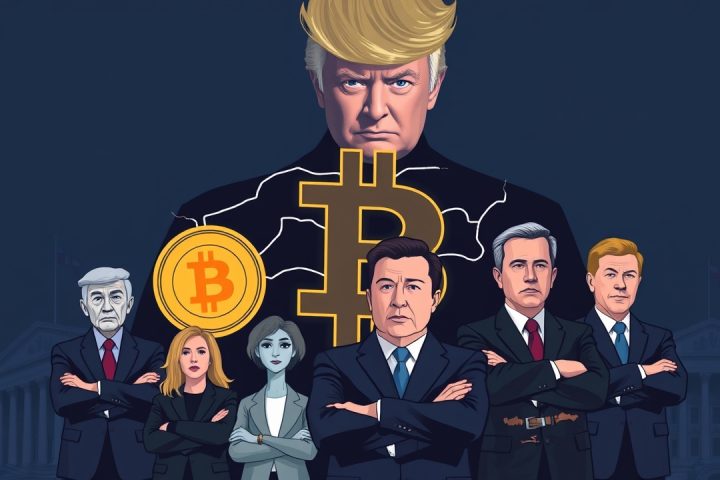Indictment of Pedro Inzunza Noriega and Pedro Inzunza Coronel
Pedro Inzunza Noriega and his son, Pedro Inzunza Coronel, have been indicted on serious charges related to narco-terrorism and drug trafficking, according to a statement from prosecutors in the Southern District of California. These individuals are believed to be key figures in the Beltrán Leyva Organization (BLO), a notorious faction within the larger Sinaloa Cartel.
Significant Drug Seizures
The legal actions taken against them come on the heels of a significant December 2024 operation in Sinaloa, where authorities confiscated a staggering 1,500 kilograms of fentanyl, marking the largest seizure of the opioid to date. The horrific scale of their activities has been revealed to include the trafficking of tens of thousands of kilograms of fentanyl into the United States, positioning them as orchestrators of one of the largest fentanyl distribution networks globally.
Investigation Technology and Findings
A crucial part of the ongoing investigation has included blockchain technology, which has recently emerged as a tool for investigating how criminal organizations, including the BLO, launder their drug proceeds through cryptocurrency. Analysts have spent nearly two years tracing financial flows, notably using stablecoins such as Tether’s USDT, to facilitate these transactions.
A report released in March by Chainalysis traced activities revealing $5.5 million in stablecoin transfers from money couriers tied to the cartel operating within the U.S., directed to Chinese manufacturers producing precursors for fentanyl. This has pioneered the concept of an “on-chain fentanyl economy,” linking U.S. drug sales to international crypto-driven supply chains.
Use of Cryptocurrency in Laundering Operations
TRM Labs has also contributed to the understanding of how Mexican cartels utilize Chinese brokers for laundering operations. Their January findings indicated that 97% of surveyed precursor suppliers in 26 cities across China were willing to accept cryptocurrency in exchange for their products. Many of these suppliers were connected to digital wallets already flagged by U.S. authorities for cartel-associated activity.
Government Response and Future Actions
Prominent voices in the field have emphasized the complexity of the issues, with Ari Redbord, a former Treasury official, advocating for a comprehensive view of the Chinese money-laundering networks that underpin these operations.
Authorities have previously taken steps to address and disrupt these digital laundering tactics; in September 2023, OFAC designated Ethereum addresses belonging to a BLO associate, Mario Jimenez Castro, for directing couriers to deposit illicit fentanyl profits into cryptocurrency wallets.
As federal actions continue against these criminal enterprises, the new indictment marks a significant step, invoking tools designed under the foreign terrorist organization designation introduced during the Trump administration. This classification makes it illegal to provide any form of support to cartel members and empowers the government to seize assets related to these activities, including cryptocurrencies.
U.S. Attorney Adam Gordon stated that this indictment symbolizes a robust effort by the Department of Justice and law enforcement to confront the Sinaloa Cartel’s widespread network.

















